Benjamin and Nikolaj question the grade race and investigate what makes CBS students strive for top marks
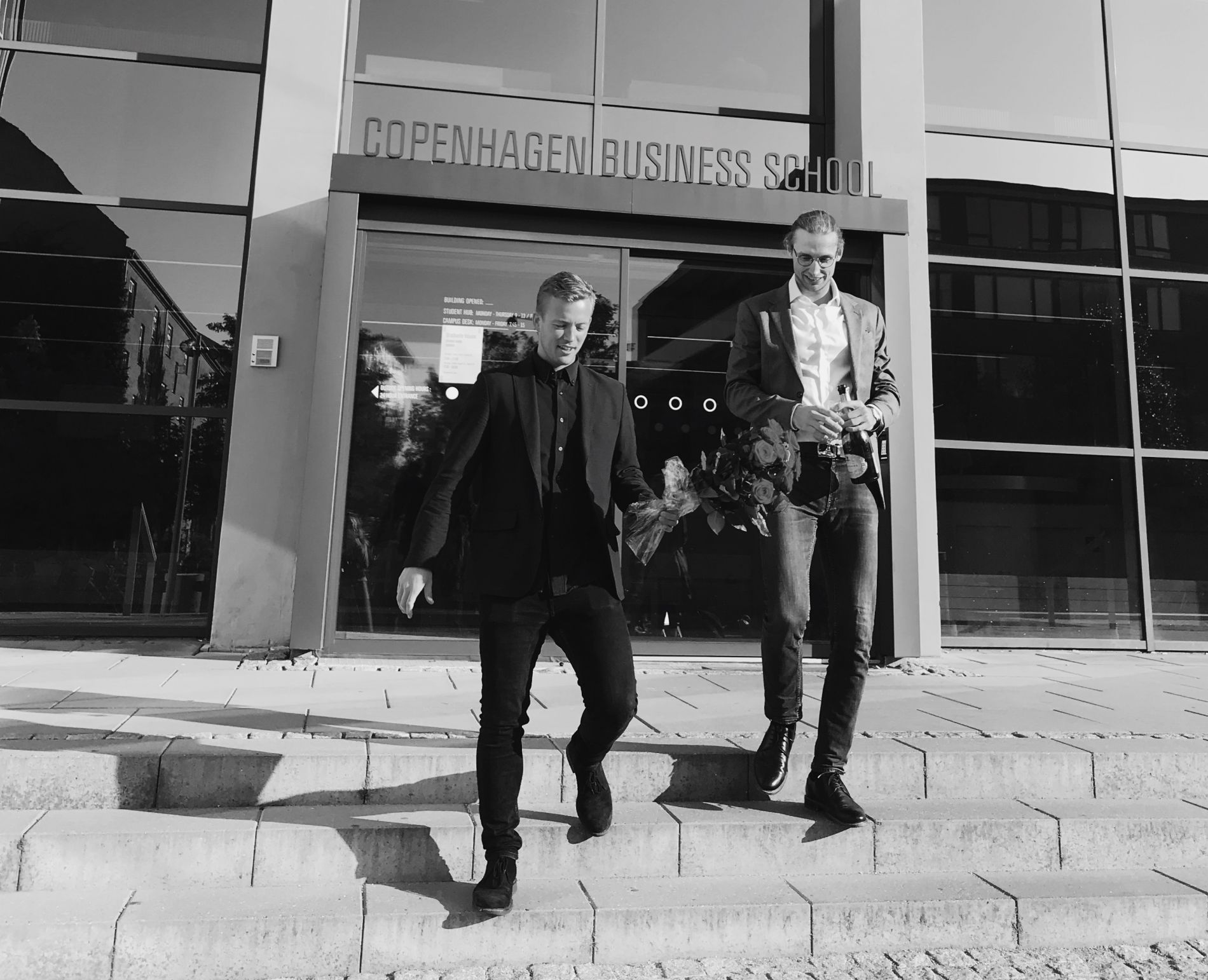
Last yeat, Benjamin Anker and Nikolaj Koors Hoff handed in their master thesis, which investigates CBS students' strive for top grades. (Photo: Private)
They had both felt the pressure and stress from having to perform and get good grades while studying at CBS. So when it was time to write their master’s thesis, Benjamin Anker and Nikolaj Koors Hoff decided to explore why students get caught up in the grade race. Now, their results are to be published as a scientific article.
When Ane Halsboe-Jørgensen became the Minister of Higher Education and Science, she established an office with the aim of improving Danish university students’ wellbeing. The grade race and high-performance culture are among the factors to blame for university students’ high levels of stress, according to the ministry.
Benjamin Anker and Nikolaj Koors Hoff, both graduates from CBS, both felt the pressure first-hand when studying at CBS.
“Two years into my bachelor, I felt worn out by the stress. I had no energy, and I didn’t know why,” says Benjamin Anker, who gained a BSc in Business Administration and Project Management and MSc in Strategy, Organization and Leadership at CBS, and now works as an external lecturer and civil servant.
“I had lots of friends, good grades, I was at every party, worked out and had a great student job. But I felt like I didn’t choose to feel what I felt. So I decided to focus my energy on aspects of the subjects that I really found interesting from a personal point of view. And somehow by not focusing on getting good grades, they, ironically, were really good in the subjects I found interesting.”
Nikolaj Koors Hoff adds:
“Especially around exams, you would feel the pressure of putting everything you’d got into getting the right grade. And that’s not necessarily a bad thing but it influences the way we engage, and it can be unhealthy if the stress persists.”
But why did they and their fellow students feel like this? What made them join in with the high-performance culture? And what did they miss out on while pursuing the best grades?
The two students set out to answer these and other questions in their master’s thesis ‘The Liberal Plan Tyranny at CBS – A pragmatic sociological case study of engagement and critique in a Danish higher education institution’, which is now being adapted into a scientific article. (See fact box at the bottom of the article.)
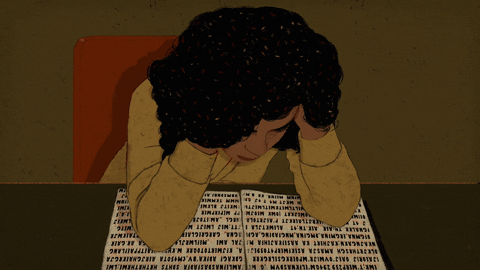
The short answer to Benjamin Anker and Nikolaj Koors Hoff’s questions is: engagement. Students, at least the ones interviewed for the thesis, seem to pick a certain way of engaging in their studies. Also called ‘plan engagement’ which, according to the two graduates, is cultivated by factors such as striving for top grades and popular study jobs.
This way of engaging resulted in the students investing a lot of effort into getting good grades but at the same time it deprived an engagement of exploring and immersing themselves in the content and actually learning things.
Benjamin Anker illustrates one of the consequences of investing in plan engagement.
“One student had a course that required an assignment to be submitted at the end of the course. After two or three classes, the student knew what to write about and how to secure a good grade, so he handed in the assignment well before the deadline and gave the remaining lectures lower priority,” he says and continues:
“Later on, after talking to his fellow students about the course, he realized that it was much more interesting than first anticipated, but he had been too focused on getting a good grade to realize that.”
Benjamin Anker and Nikolaj Koors Hoff experienced that some students they talked to had not had the time to stop and reflect about their engagement.
“Others we talked to had awakenings while we were interviewing them, as they suddenly gained a whole new view on why they were doing what they were doing,” says Benjamin Anker.
Internal disunity
In total, Nikolaj Koors Hoff and Benjamin Anker held 15 in-depth interviews with CBS students about why and how they engage in the activities they do, and what choices they make based on their engagement. They also interviewed study coaches, teachers, and experts from CBS’ Teaching and Learning unit, who all confirmed a rise in cases of stress among students as well as a clearer focus on grades compared to ten years ago.
“When something, in this case getting good grades, is all that matters and becomes an implied truth, it gets dangerous when you stop questioning that truth. When you don’t, you end up in a bubble,” says Nikolaj Koors Hoff.
Therefore, based on their findings, they encourage current students to ask themselves why they engage in certain activities, and how they engage in them – and whether they enjoy it and whether it’s worth it.
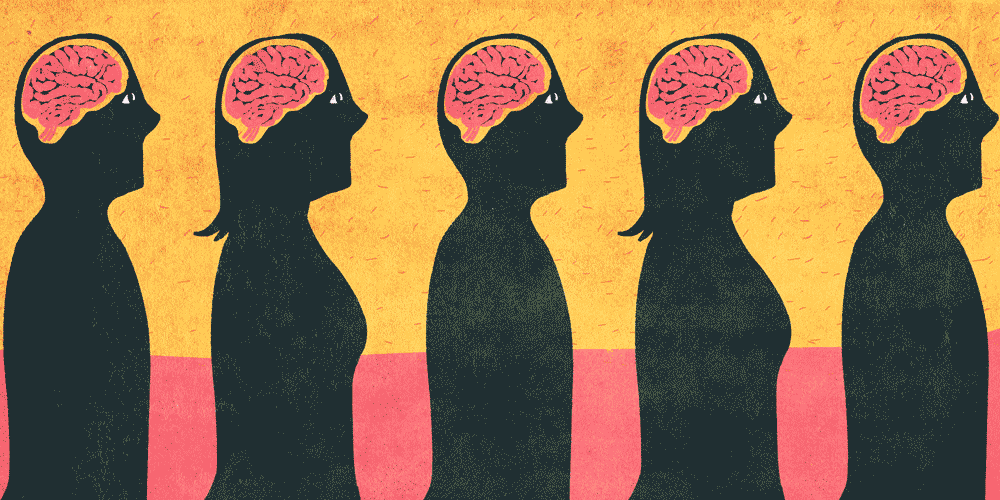
Benjamin Anker and Nikolaj Koors Hoff give an example of a conflict most students will recognize: focusing on taking notes or sitting back and actually listening to and engaging in lectures.
“One student told us that he felt deeply engaged in a subject and a lecture where he just sat back and listened. He thought to himself that he wanted more lectures to be like that and it felt like the essence of going to university. But the minute he stepped out of the classroom, he got worried. Had he taken enough notes for the coming exam? And ‘puff’ his excitement was converted to anxiety,” says Benjamin Anker.
Nikolaj Koors Hoff continues:
“I have often wondered about exactly this, and I know several people who have described this internal disunity. And it all comes down to this plan engagement. That the sole purpose is to do well in an exam. But we want to change this perception, and instead encourage students to engage in the actual content.”
Breaking free
So, students’ behavior can be traced back to their engagement, which is initially influenced by factors such as getting good grades and prestigious and relevant student jobs. But Nikolaj Koors Hoff and Benjamin Anker both think that the universities, including CBS, have played a role in limiting students’ opportunity to engage in learning, leaving them with more reason to aim for high grades and the plan engagement.
“I think it’s unfortunate that universities don’t make room for studying a subject in depth or encourage a more playful approach to what studying means. Instead, universities have taken on a mechanical approach to learning. It’s more important to take in knowledge, discard it and make room for something new. It’s like ‘do something half-heartedly but fast’,” says Nikolaj Koors Hoff.
Benjamin Anker would like universities to take responsibility for how they want graduates to turn out, and he views being a good graduate as more than numbers on paper.
“You have students who get top grades for an assignment, but they can’t explain in detail what the course was actually about. Is that a goal worth striving for? The business sector values the ability to take in new knowledge and deliver fast, but we can teach students that skill, while we also train them to reflect on the learning process,” says Benjamin Anker.
Therefore, if CBS students want to experience more freedom in how they engage with their studies and in their approach to the learning process, things must change, Nikolaj Koors Hoff and Benjamin Anker claim.
The point is, however, to prevent people falling into the belief that they must be ‘the perfect student’
Nikolaj Koors Hoff
Yes, the students can ask themselves why they are behaving as they are and question whether they like that behavior or not and change it. But more can be done to help the students in the process.
For example, the BSc of Business Administration and Psychology (HA Psyk.), is running a three-year pilot scheme that gives new students a grade-free first year.
“It’s ingenious to remove the grades during the first year, and we need more initiatives like that. The structure needs to change, and the students will adapt,” says Benjamin Anker.
However, Nikolaj Koors Hoff fears that for some, removing grades could be an incentive to spend more time elsewhere.
“It may result in more students slacking during their studies, or others just working even harder at their student jobs. In many ways, grades are a strong motivator for studying,” he says.
During their interviews it became clear, that the students painted almost the same picture of the ideal student, with good grades and a great student job. However, they also saw examples of students going against that image.
“The point is, however, to prevent people falling into the belief that they must be ‘the perfect student’. Because if everybody thinks like that, the diversity of opinions, ideas and perspectives will diminish – not to mention student well-being,” says Nikolaj Koors Hoff.



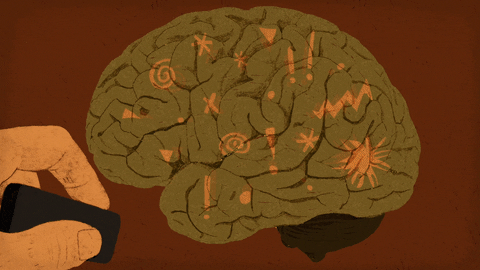
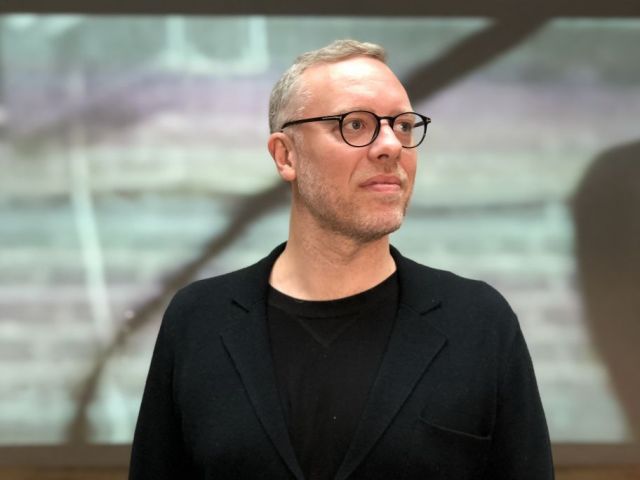

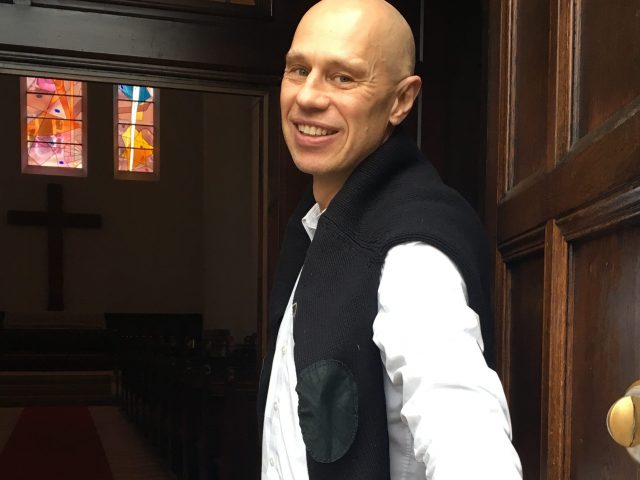
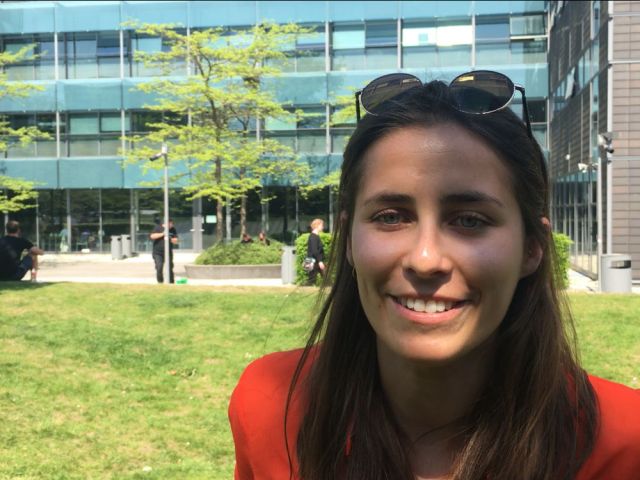


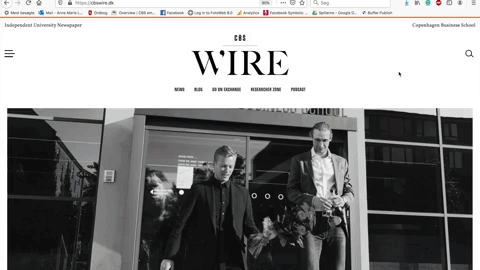




























































































































Comments